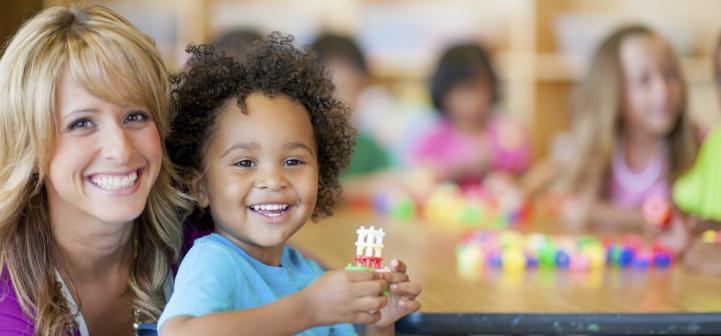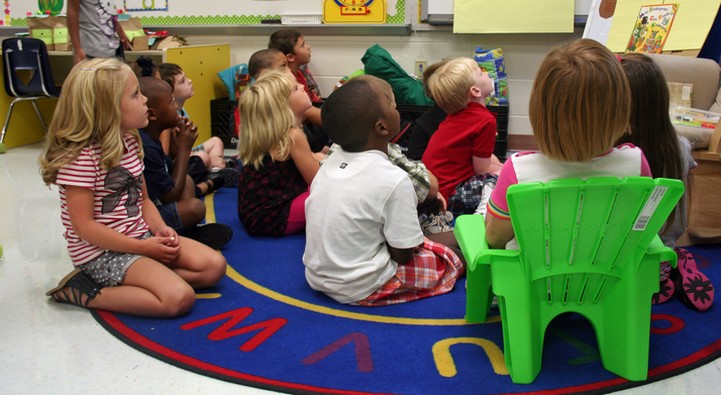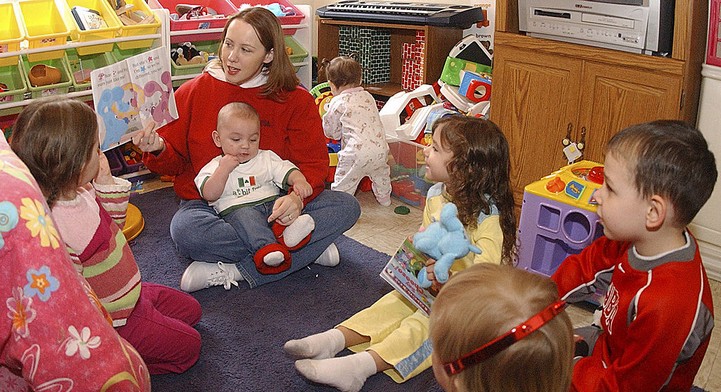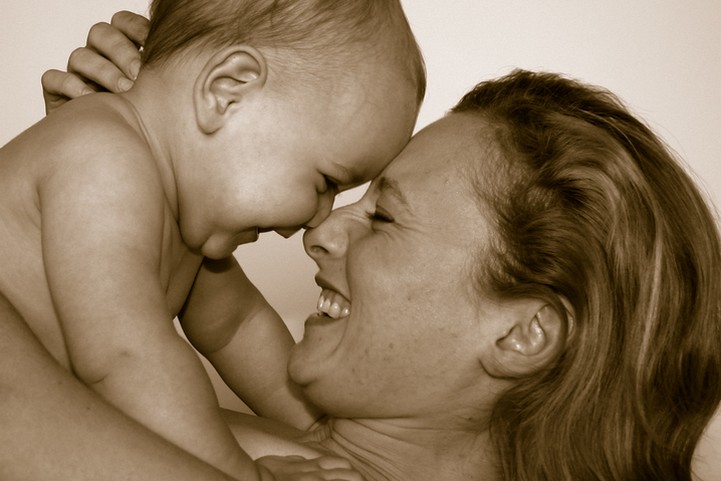
As children begin elementary school, they also show important advances in both thinking and language skills. They become better at logical thinking and problem-solving. They are motivated, active learners. School-age children begin to learn bigger words, to produce longer and more complex sentences, to manipulate language in new ways, to learn subtle exceptions to grammar rules and to understand their native tongue much better.
Child care providers in out-of-school child care programs can support the development of thinking and language …



